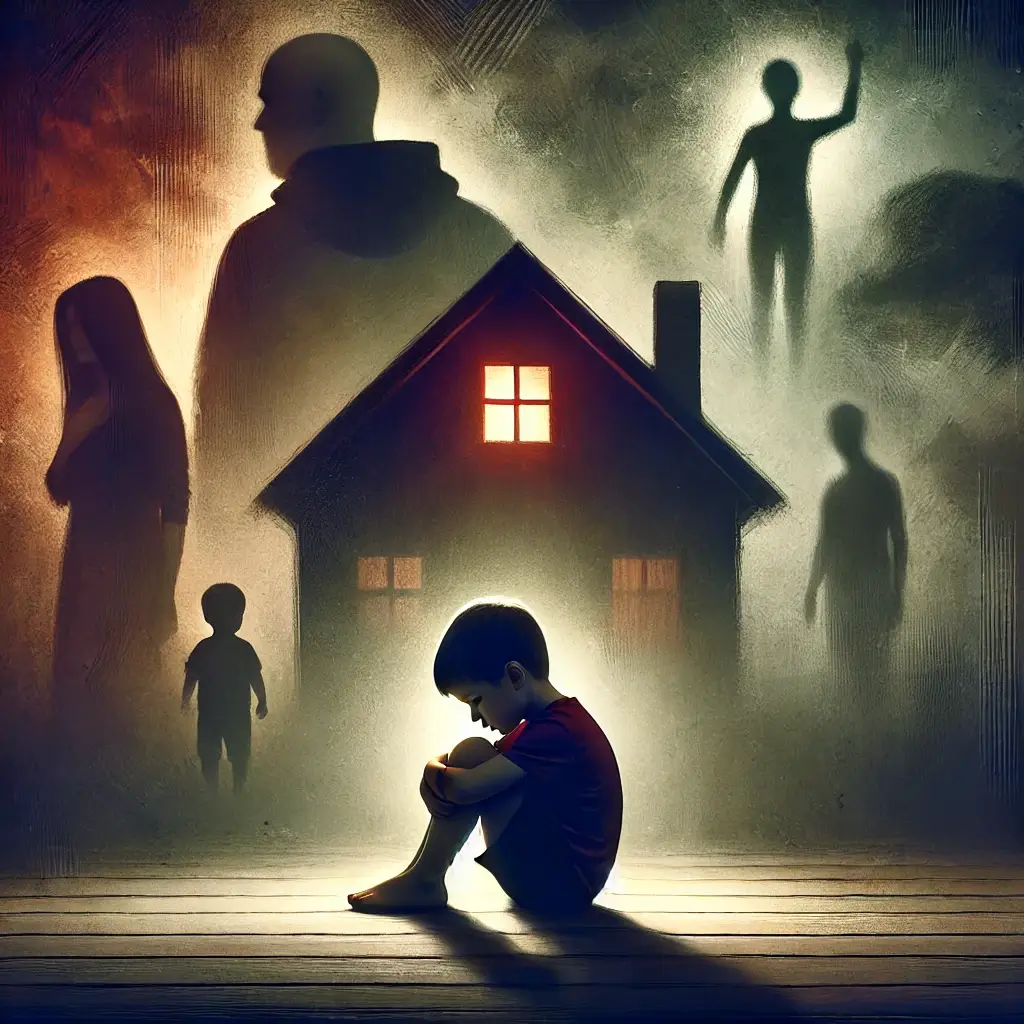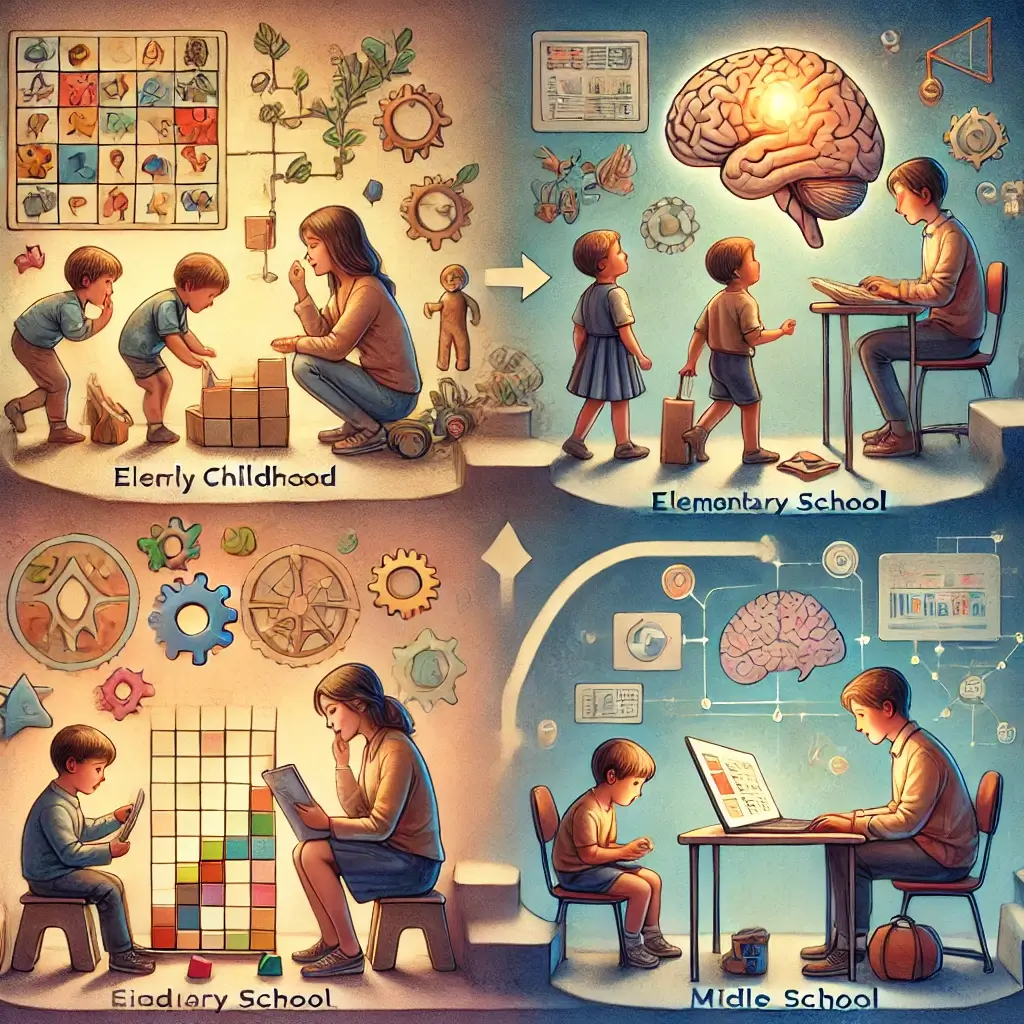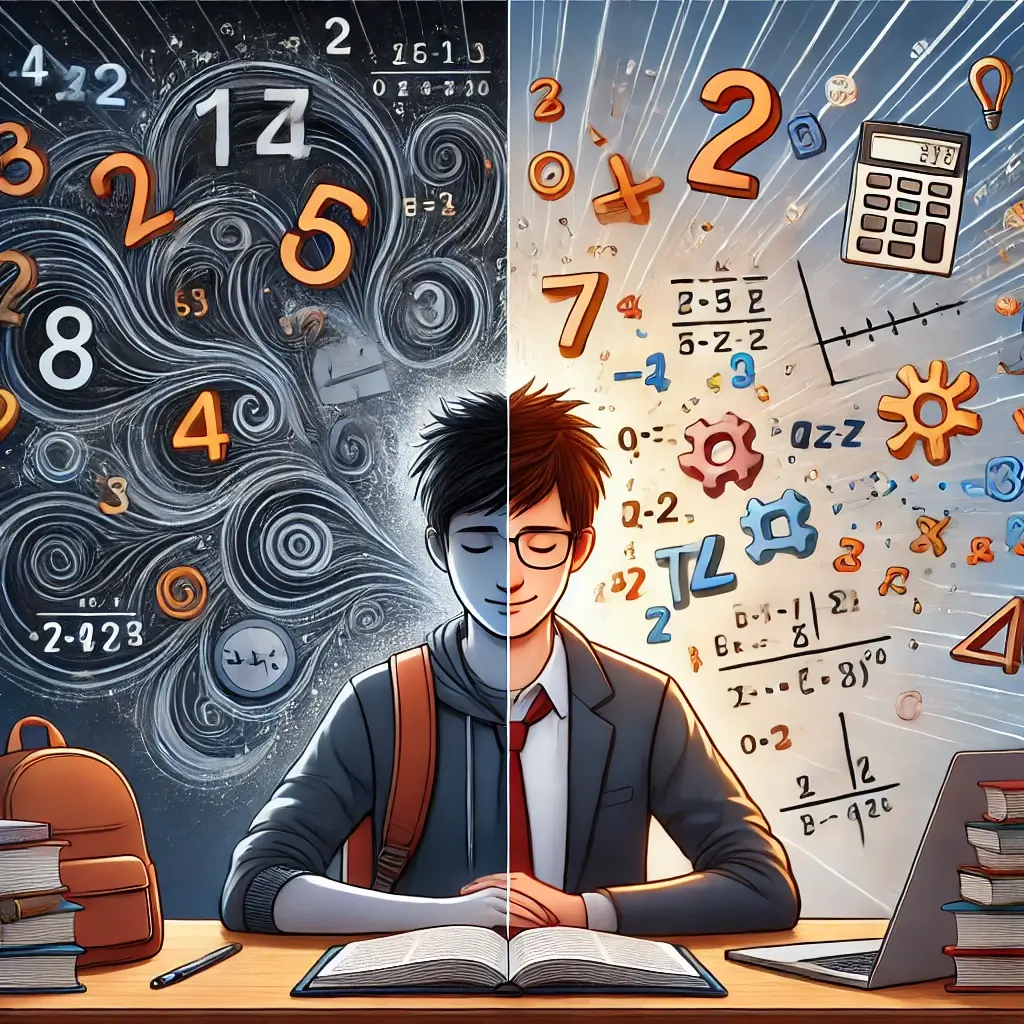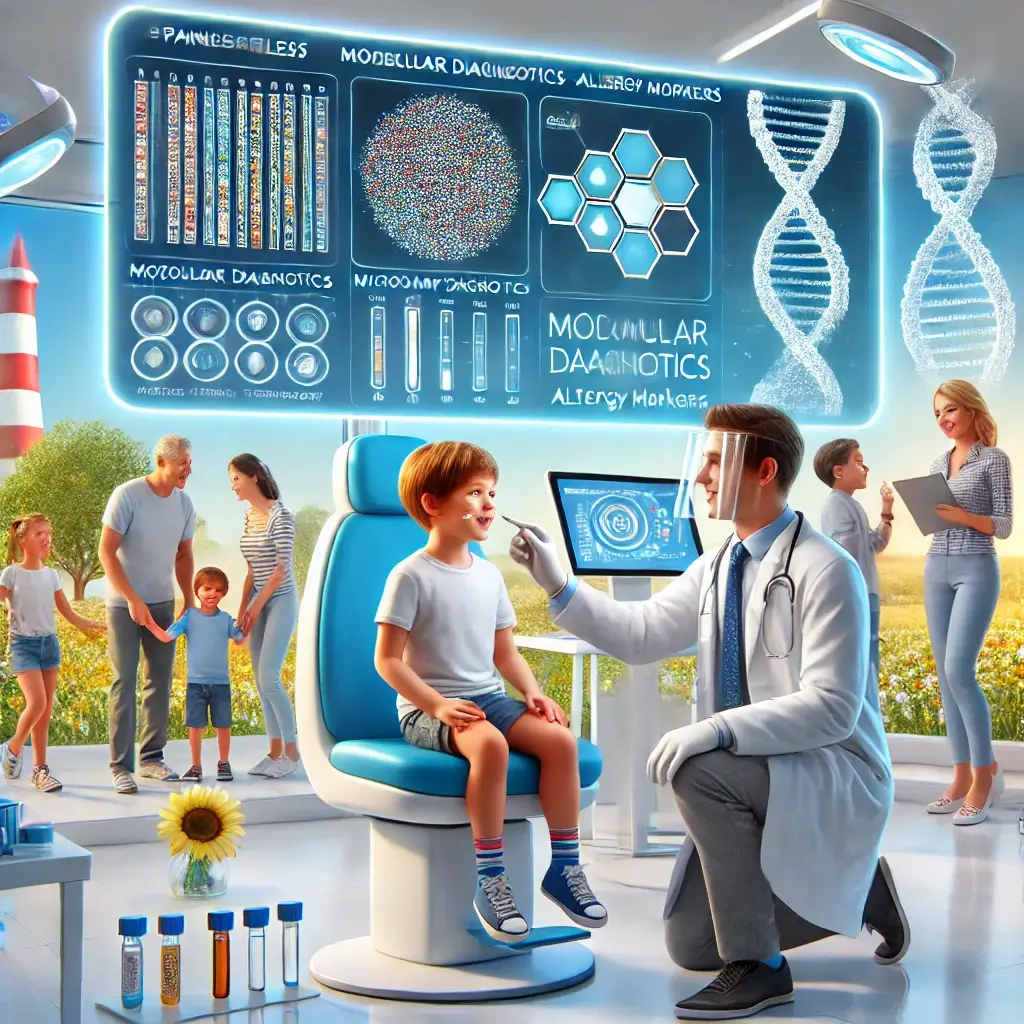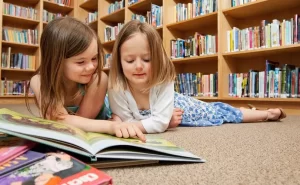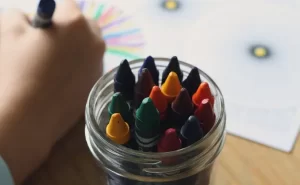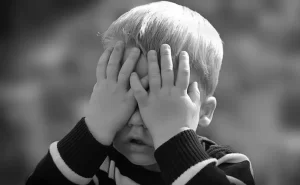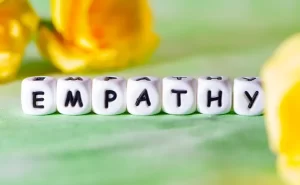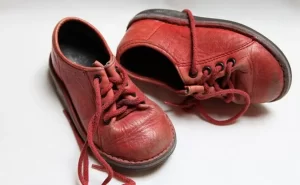Breaking the Cycle: Identifying and Addressing Child Abuse within the Family Unit
Understanding Child Maltreatment
Childhood intra-familial maltreatment, also known as child abuse and neglect, is defined as any act of violence, neglect, or exploitation that negatively impacts a child’s physical, emotional, or sexual health or development within the family unit.
Types of Intra-Familial Maltreatment
Physical abuse involves intentionally causing injury to a child, such as beating, kicking, burning, or biting. A youngster can also be shaken, thrown, poisoned, or suffocated.
Emotional abuse is verbal or emotional abuse that harms a child’s self-esteem and emotional well-being. Examples include ridiculing, name-calling, insulting, threatening, and isolating a child. Witnessing domestic violence between parents constitutes emotional abuse.
Sexual abuse includes any sexual contact or action with a minor. This includes touching a kid’s genitals, forcing a child to touch another person’s genitals, or engaging a child in pornography.
Neglect is the failure to meet a child’s fundamental requirements, including food, housing, clothes, medical treatment, and supervision. Emotional neglect, defined as a lack of affection, attention, or support required for a child to thrive, can also occur.
Recognizing Signs of Child Maltreatment
The indications and symptoms of childhood maltreatment differ based on the type of abuse, the child’s age, and personality. Some typical indications include physical injuries, behavioral changes, developmental delays, eating disorders, sleep issues, and substance abuse in youth and adulthood.
Long-Term Effects of Child Maltreatment
Childhood maltreatment can have serious consequences for a child’s physical, emotional, and mental health. It may raise their risk of physical health problems, mental health issues, social and emotional problems, and developmental delays.
Impact on Education and Development
Maltreated children frequently struggle with attention, memory, and language abilities, which might jeopardize their academic progress and overall educational achievement. The long-term effects of childhood maltreatment can last into adulthood, influencing an individual’s employment, social interactions, and general quality of life.
Seeking Help and Support
If you feel a child is being abused or neglected, report it to the authorities right away. You can reach your local child protective services department or the National Child Abuse Hotline at 1-800-422-4453.
Additional Resources
The National Child Traumatic Stress Network (https://www.nctsn.org)
Child Help USA: https://www.childhelphotline.org/
The Rape, Abuse and Incest National Network (RAINN): https://www.rainn.org/about-rainn
Remember, You’re Not Alone
Child maltreatment is a serious problem, but there is help available. If you or someone you know needs help, please contact a trustworthy adult or a professional agency. You’re not alone.
